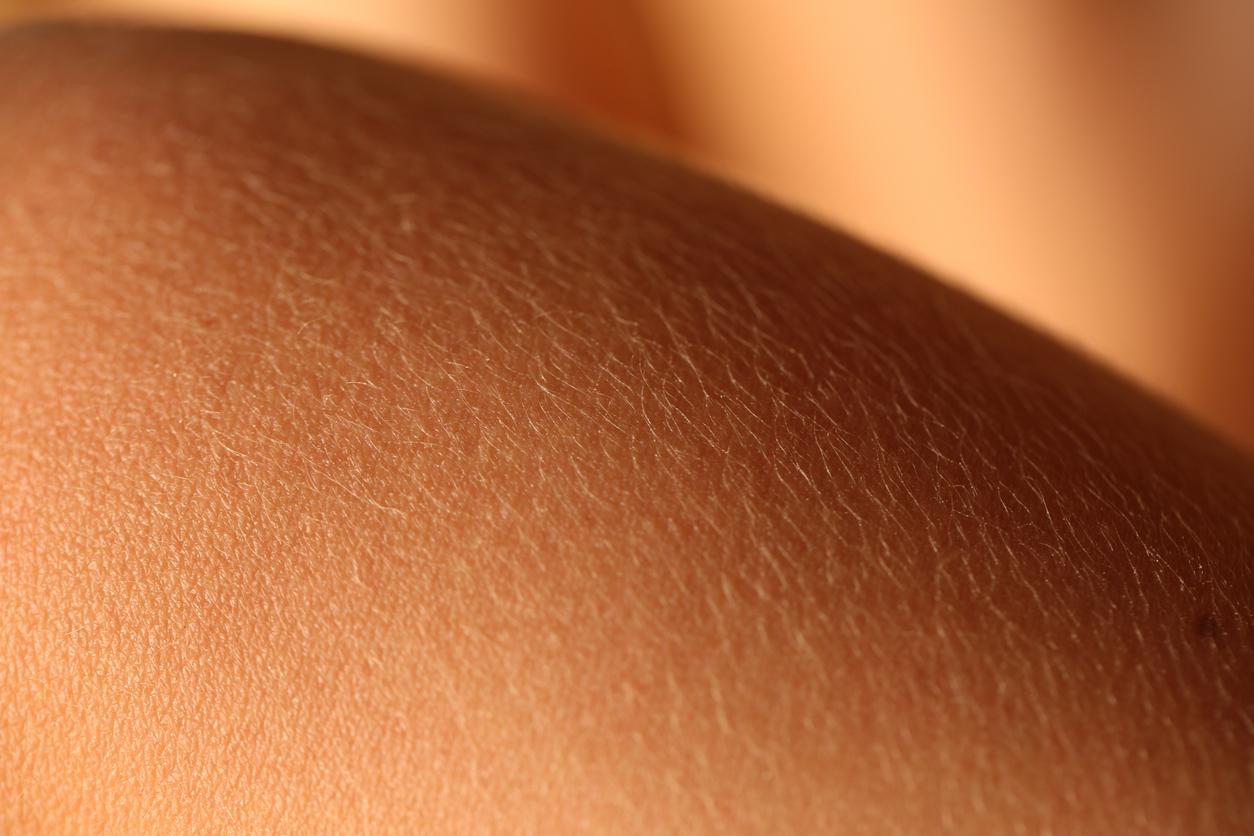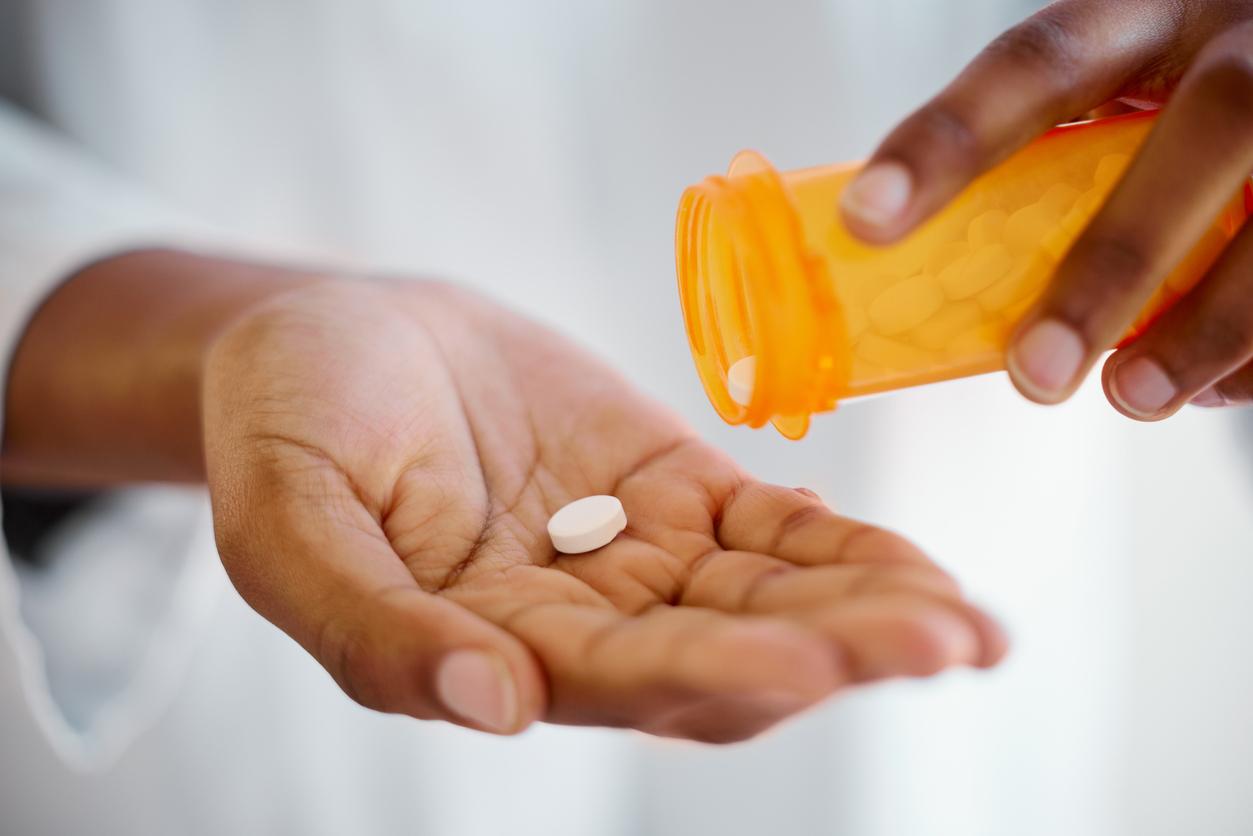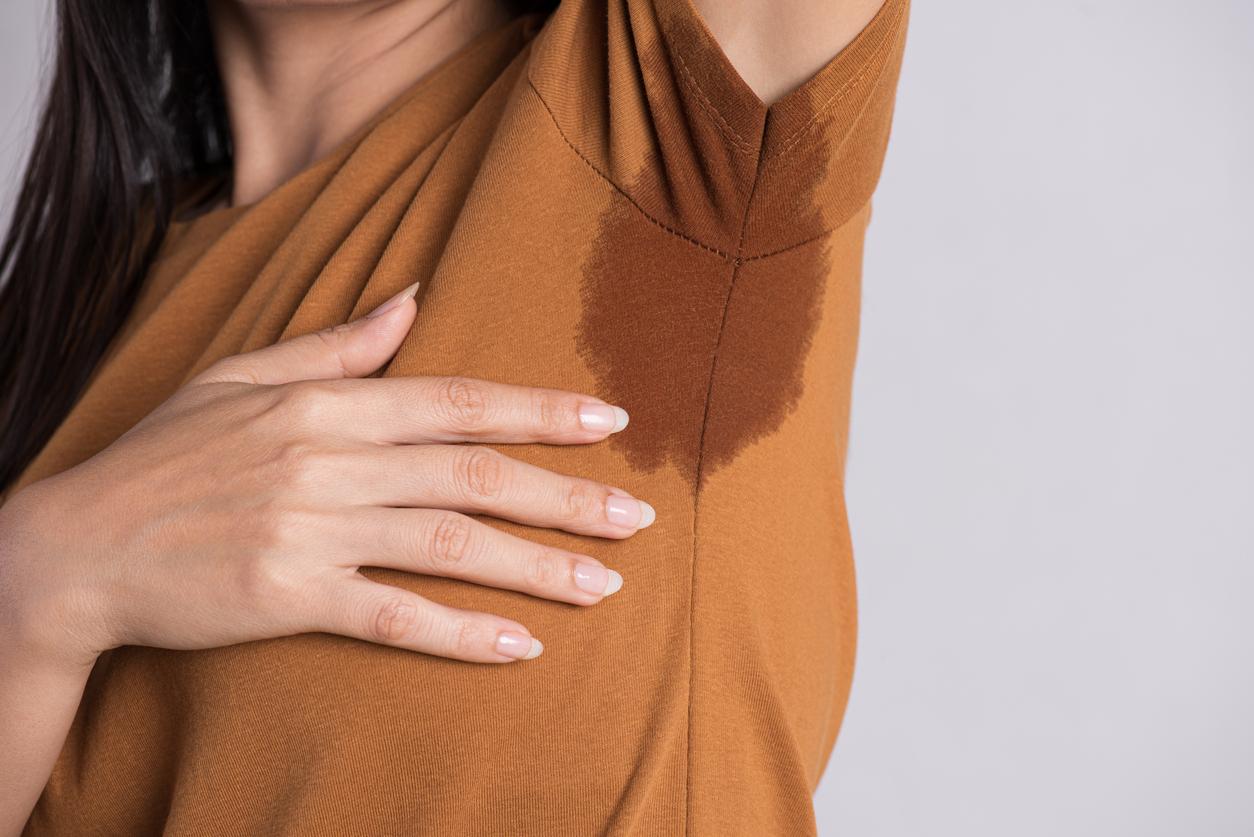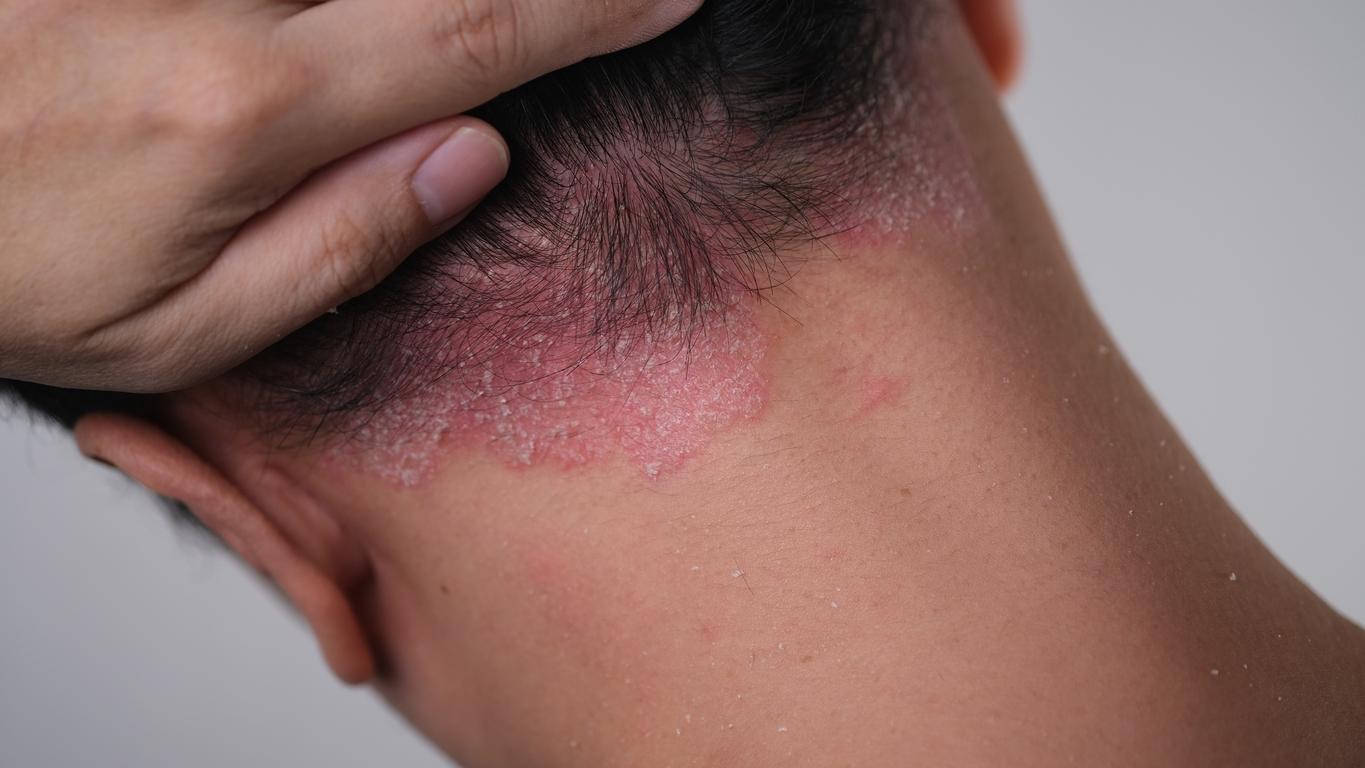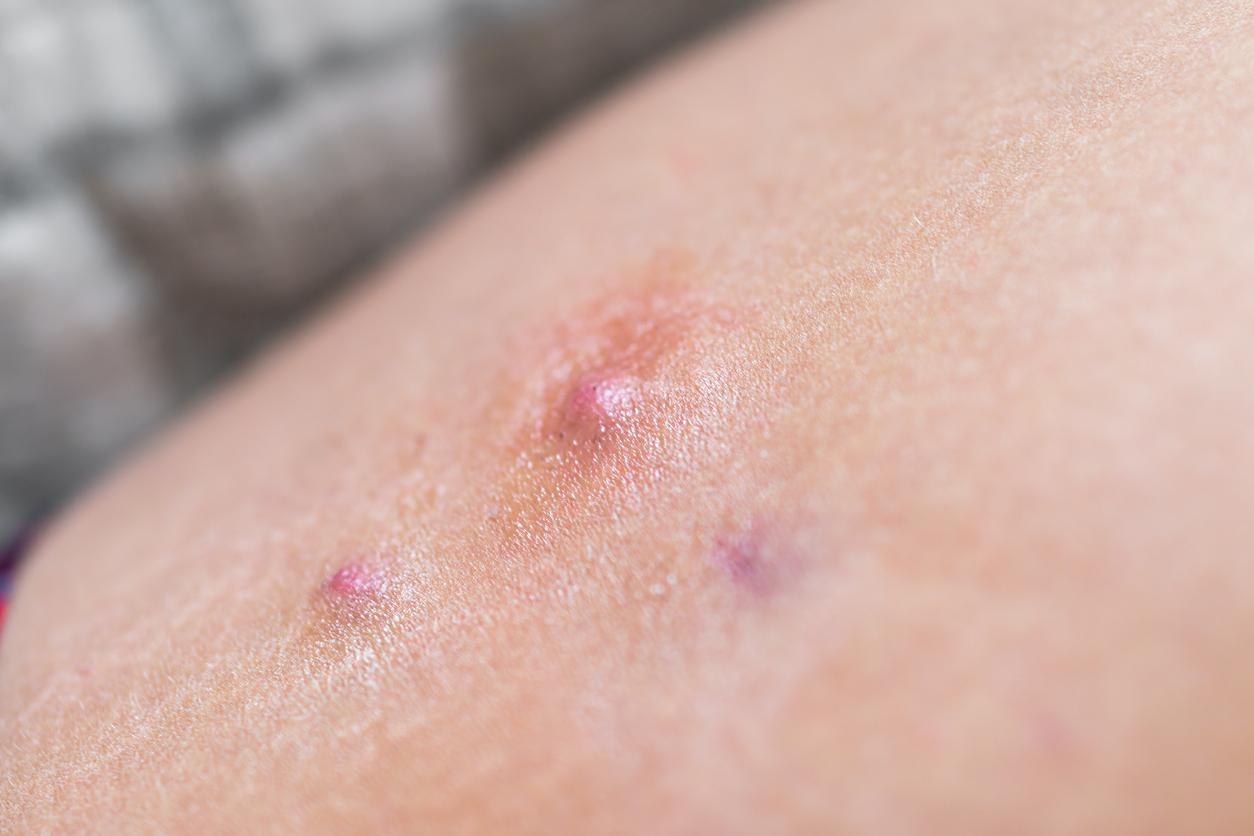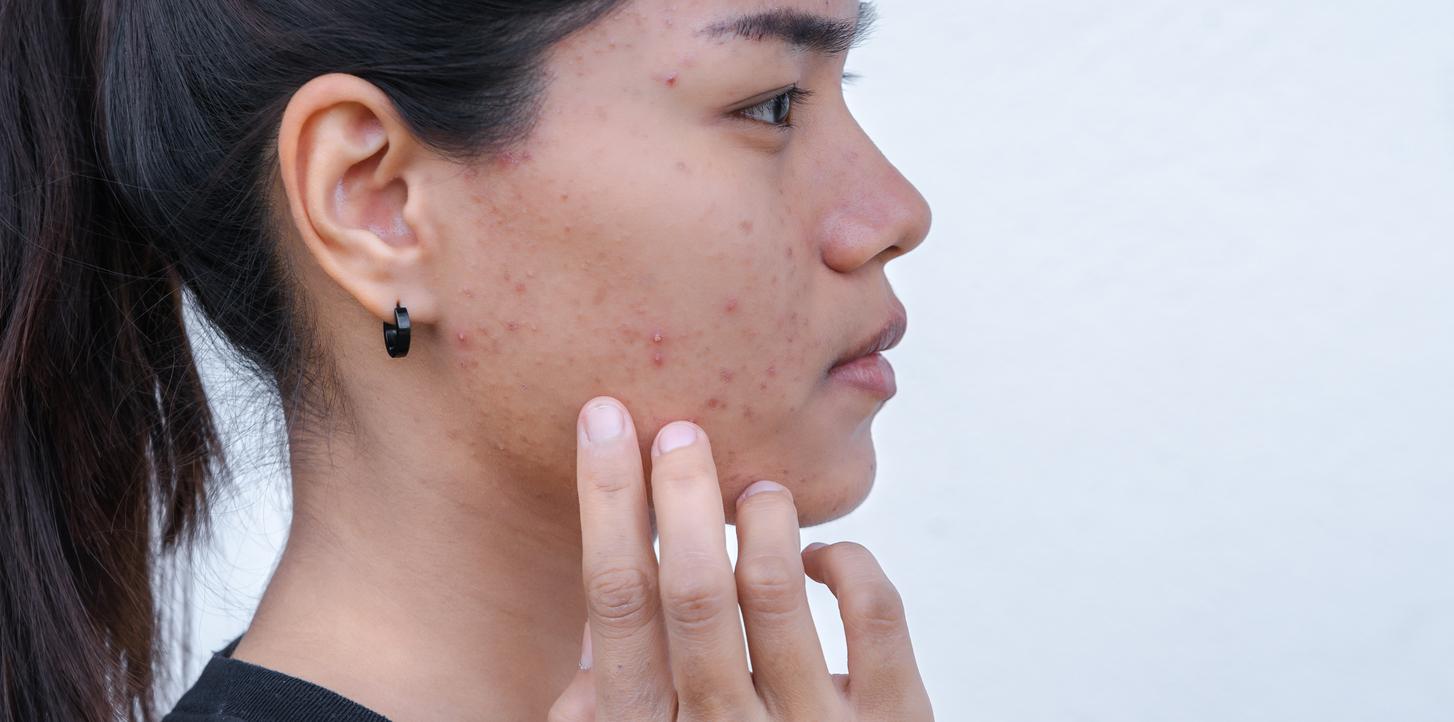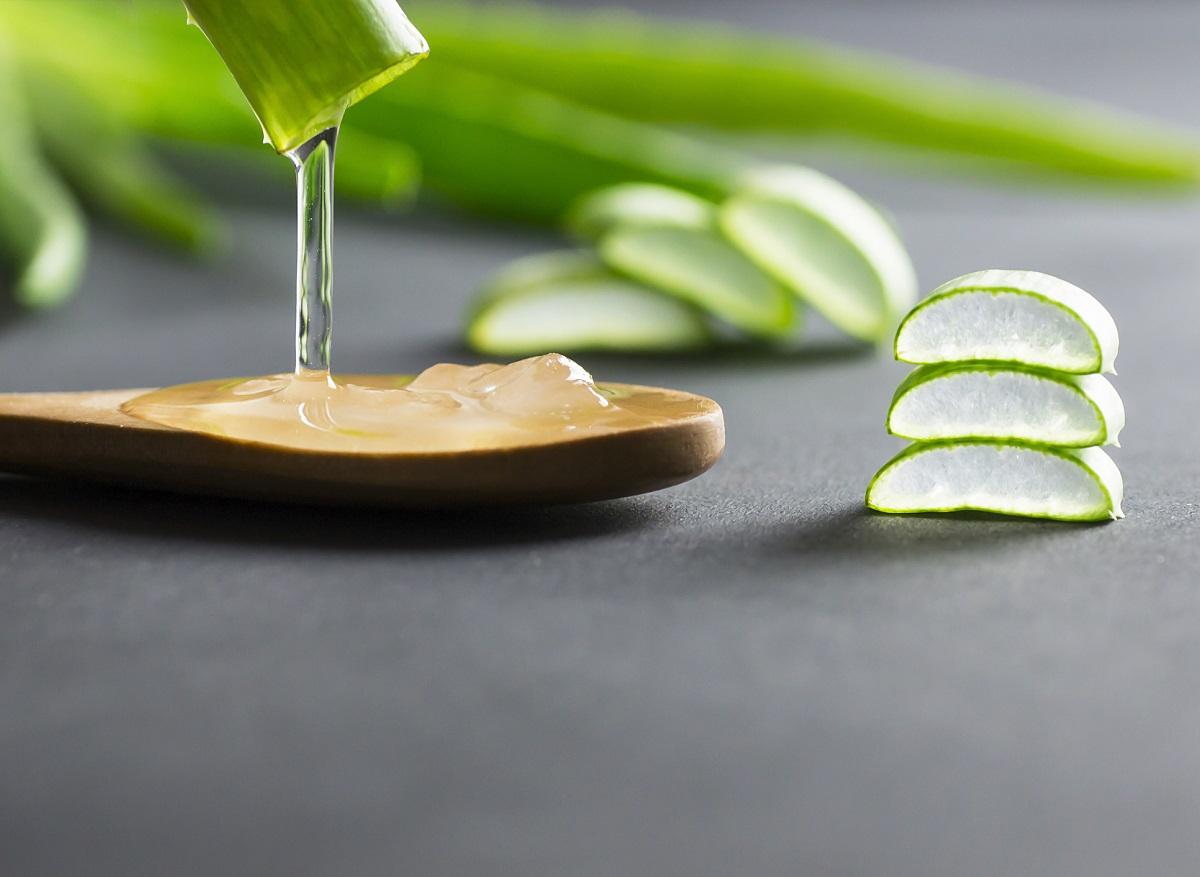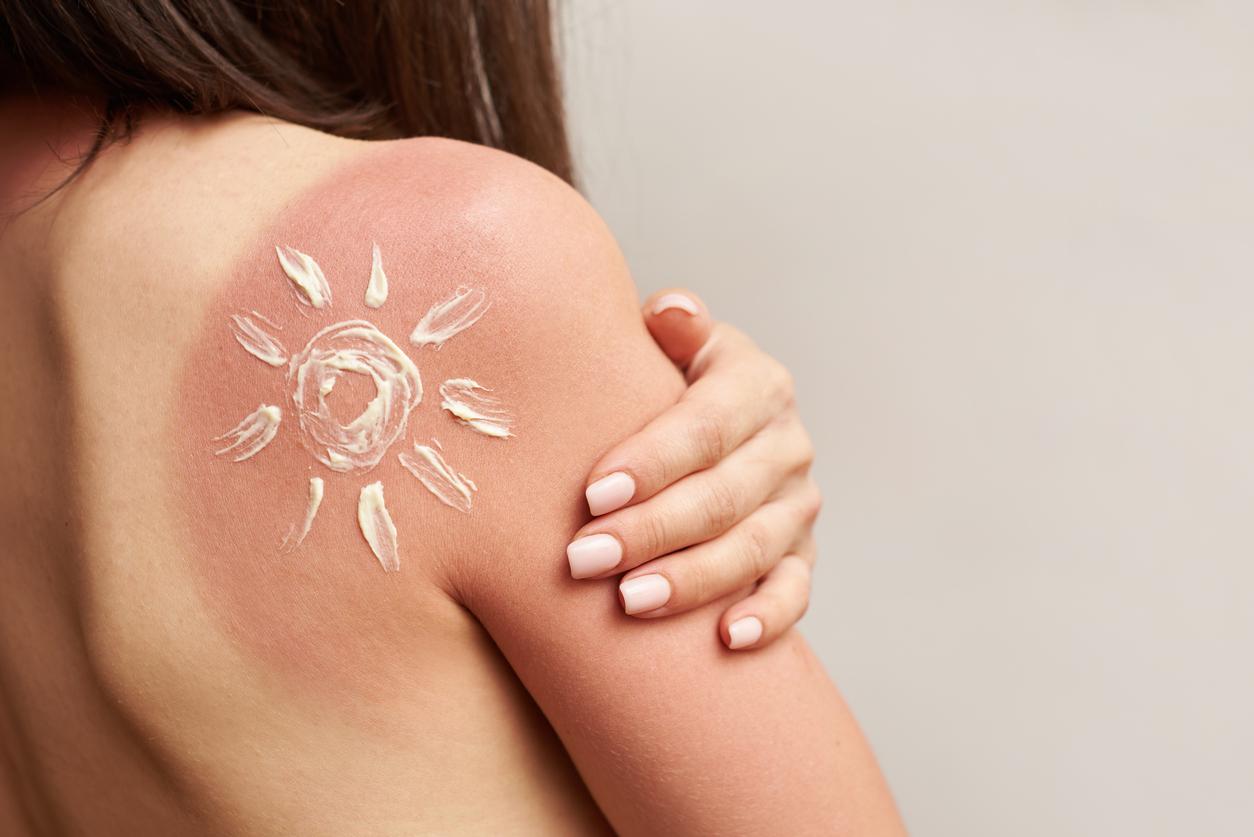Dr. Lycia Thornburg, dermatologist, gives you her advice for reducing rosacea, a skin disease.
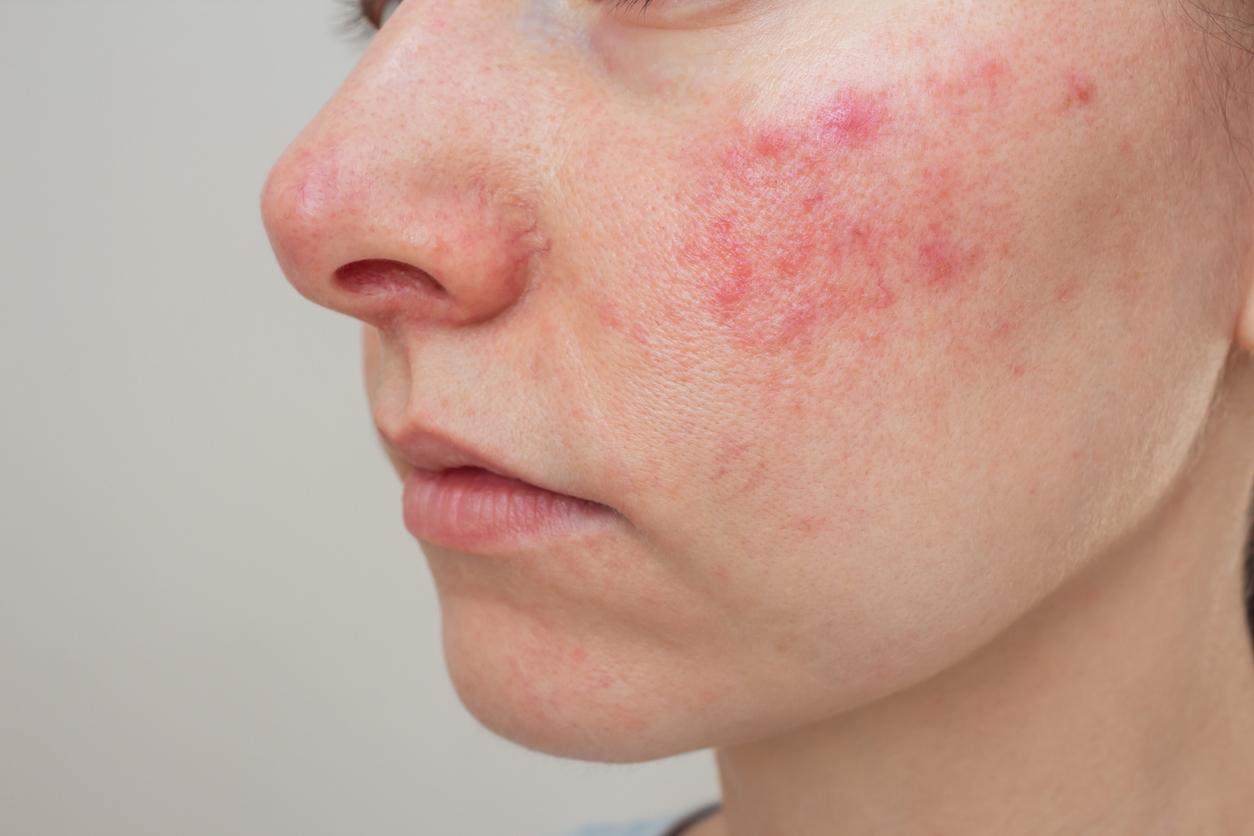
- Rosacea is a skin disease that affects the small blood vessels of the face and is characterized by redness, rosacea and skin lesions.
- According to Health Insurance, rosacea mainly affects people aged 30 to 60 and women are affected twice as often as men.
- Certain factors can favor its development: alcohol consumption, fever, sudden thermal changes, etc.
2 to 3% of adults are affected by rosacea, depending on health insurance. This skin disease affects the small blood vessels of the face and is characterized by redness, rosacea, that is to say an abnormal and permanent dilation of small blood vessels, and skin lesions. Dr Lycia Thornburg takes stock of this skin pathology.
Rosacea: choose your facial care products wisely
“Many factors can make symptoms worse or cause a flare-up, explains Dr. Lycia Thornburg, dermatologist, in a communicated of the American Academy of Dermatology. It’s possible to control your rosacea, and even prevent it from getting worse, by recognizing and avoiding these factors, from alcohol to the sun to skin care products.”
The first advice from the dermatologist is to choose good facial products, especially those where it is indicated that they are not comedogenic, that is to say that they do not promote the appearance of spots.
Certain ingredients should also be avoided: alcohol, perfume, glycolic acid, lactic acid or even urea. In addition, before applying a cream or treatment to your face, Dr. Lycia Thornburg recommends that you test the product for ten days on a small area of your arm. If the skin remains fair, there is no problem and you can use the cream on the face.
In terms of hygiene, the dermatologist recommends two cleansings per day, even if the skin is irritated. But be careful, you have to go slowly, without rubbing – exfoliants and sponges should be avoided. She also recommends gently drying the face.
Next, always moisturize the skin! And this, even if it is oily. For makeup, choose quality products and, if there is sun, protect yourself: shade and sunscreen are necessary, with a high protection index, i.e. 30 or 50and, preferably, a mineral sunscreen (such as zinc or titanium oxide).
Rosacea: consult a dermatologist if in doubt
Other factors can promote the development of rosacea such as exposure to the sun, mites, intense physical exercises that heat the body, low or high temperatures, sudden thermal changes (from cold to hot in particular), fever, alcohol consumption, etc.
“If you are unable to treat your symptoms by changing your skin care, a dermatologist can develop a personalized treatment plan, assures Dr. Lycia Thornburg. There are many factors to consider when treating rosacea, including the possibility that it is not rosacea.“
Do not hesitate to consult, because rosacea can cause more serious symptoms such as:
- swelling;
- skin that itches, burns or is oily;
- burst blood vessels;
- acne breakouts.
According to Health Insurance, rosacea mainly affects people aged 30 to 60 and women are affected twice as often as men.









